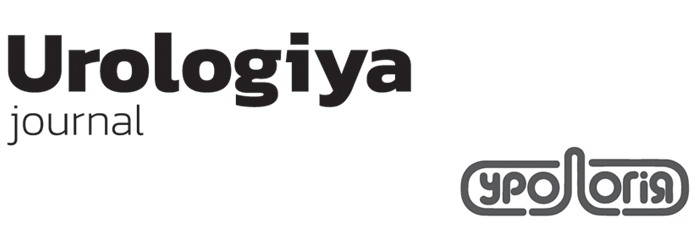V.V. Chernenko, D.V. Chernenko
The study involved 84 people with residual ureterolitiasis various sites, after ureterolithotripsy. The patients divided into groups: I - (n = 51), where in the postoperative period was added to the basic treatment drug Flavia® within 90 days and II - (n = 33), the same state where they spent the standard treatment.The control consisted of 30 healthy volunteers (III group). The average age of the studied was 42,8 ± 3,1 years. The ratio of the floor - 2:1 (men 62.1%, women 37.9%). The operative technique was traditional, with the installation of a nephrostomy. On the 90th day it was found that the use of minimally invasive technologies in persons with urolithiasis is a promising treatment method, has advantages in contrast to the classical surgery. Currently, treatment of residual stones after minimally invasive interventions for ICD, established a significant correlation between the intake of Flavia® and decrease the content of basic compounds lithogenic - calciumuria, hyperuricemia and uricosuria about 1.5 times. Along with the improvement of the status of urinary salts, for 90 days ita is improving the functional capacity of the operated kidney, with an increase in effective renal plasma flow, effective renal blood flow and data radionuclide studies in patients receiving therapy with the addition of Flavia® within 90 days.

